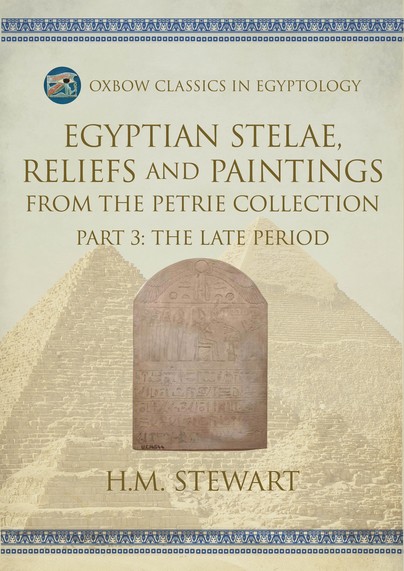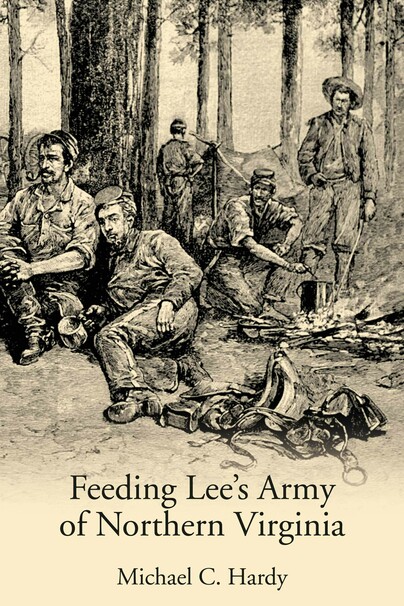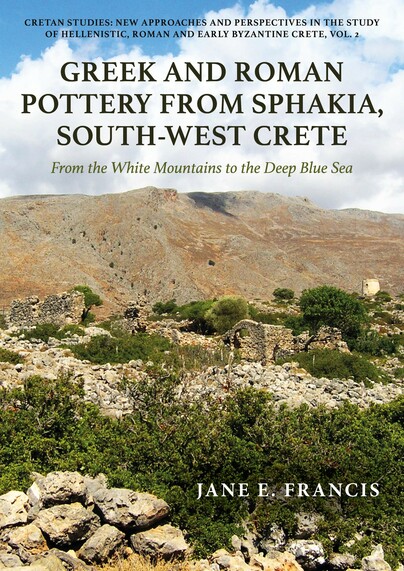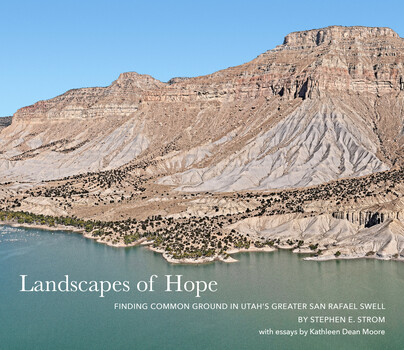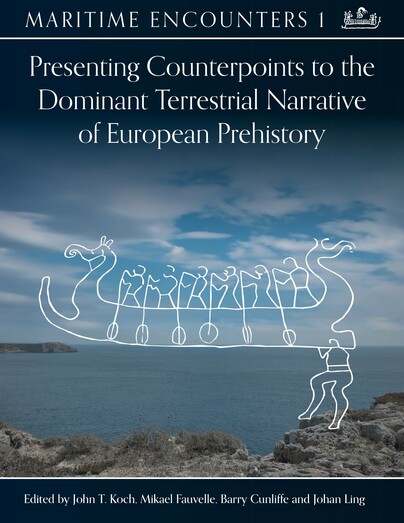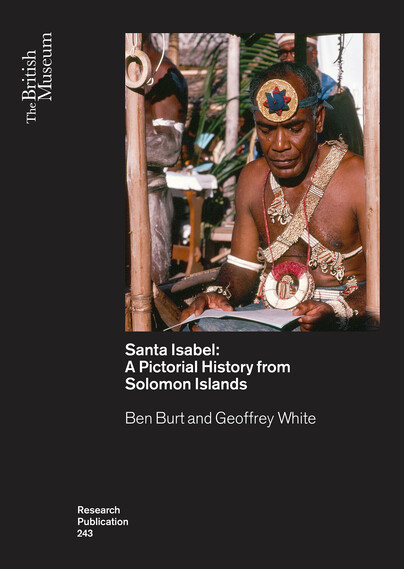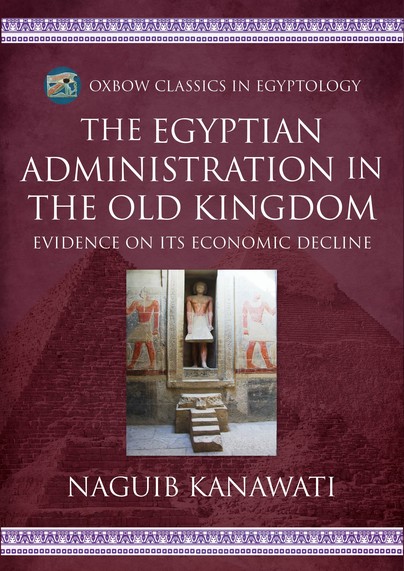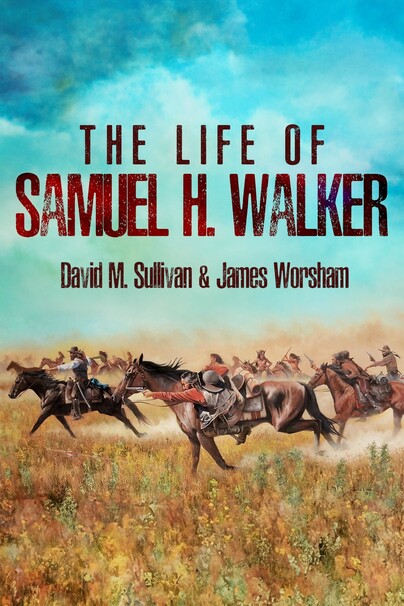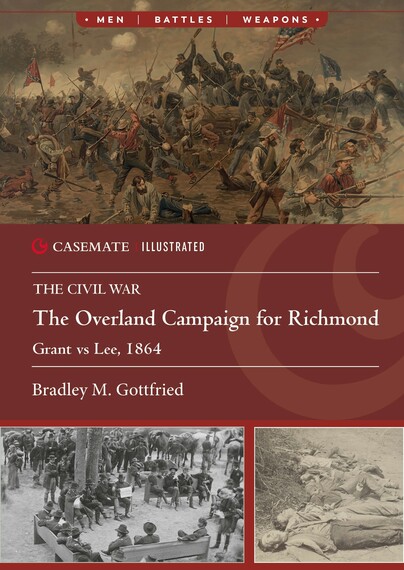At a time when division, polarization, and antagonisms pervade the United States, here is hope for the future. Landscapes of Hope shows how people from all walks of life and backgrounds can come together, talk and work out details, compromise, and do something special for generations to come: safeguarding 900,000 acres of spectacular wild country in Utah.Perched on the western edge of the Colorado Plateau, the Greater San Rafael Swell spans 8,000 square miles in south-central Utah and showcases a rich tapestry of landscapes.
Its colorful geological strata span 350 million years of Earth’s history and contain a remarkably well-preserved fossil record from times when primitive marine species first emerged, to the era of dinosaurs and the appearance of large mammals. The region’s arid climate and isolation have also worked together to preserve cultural artifacts left by Indigenous peoples who occupied the area for more than ten millennia.As the treasures of the Greater San Rafael Swell became widely known during the 1960s, conservationists undertook campaigns to designate large tracts of public lands in the region as wilderness, where “the earth and its community of life are untrammeled by man, where man himself is a visitor who does not remain.” Initially, some residents of Emery County, located at the heart of the Greater Swell, strongly opposed these efforts, concerned that wilderness designations could limit ranching and mining, undermine residents' livelihoods, and sever their cultural ties to the lands.At first, reconciling these opposing views seemed impossible, but, starting in the late 1990s, Emery County leaders and residents engaged a wide spectrum of stakeholders in discussions spanning more than two decades. In 2019, their efforts to find common ground culminated in the passage of the John D. Dingell Jr. Conservation, Management, and Recreation Act. This comprehensive federal legislation designated substantial portions of public lands for multiple uses, while creating twenty-five new wilderness and other protected areas, safeguarding nearly 900,000 acres.Landscapes of Hope celebrates the commitment of those who take rightful pride in their legacy and who forged the legislation, conserving landscapes of extraordinary beauty and profound cultural importance. The fruits of their endeavors are portrayed in photographs and stories that showcase the sublime grandeur of the areas now protected in perpetuity.


